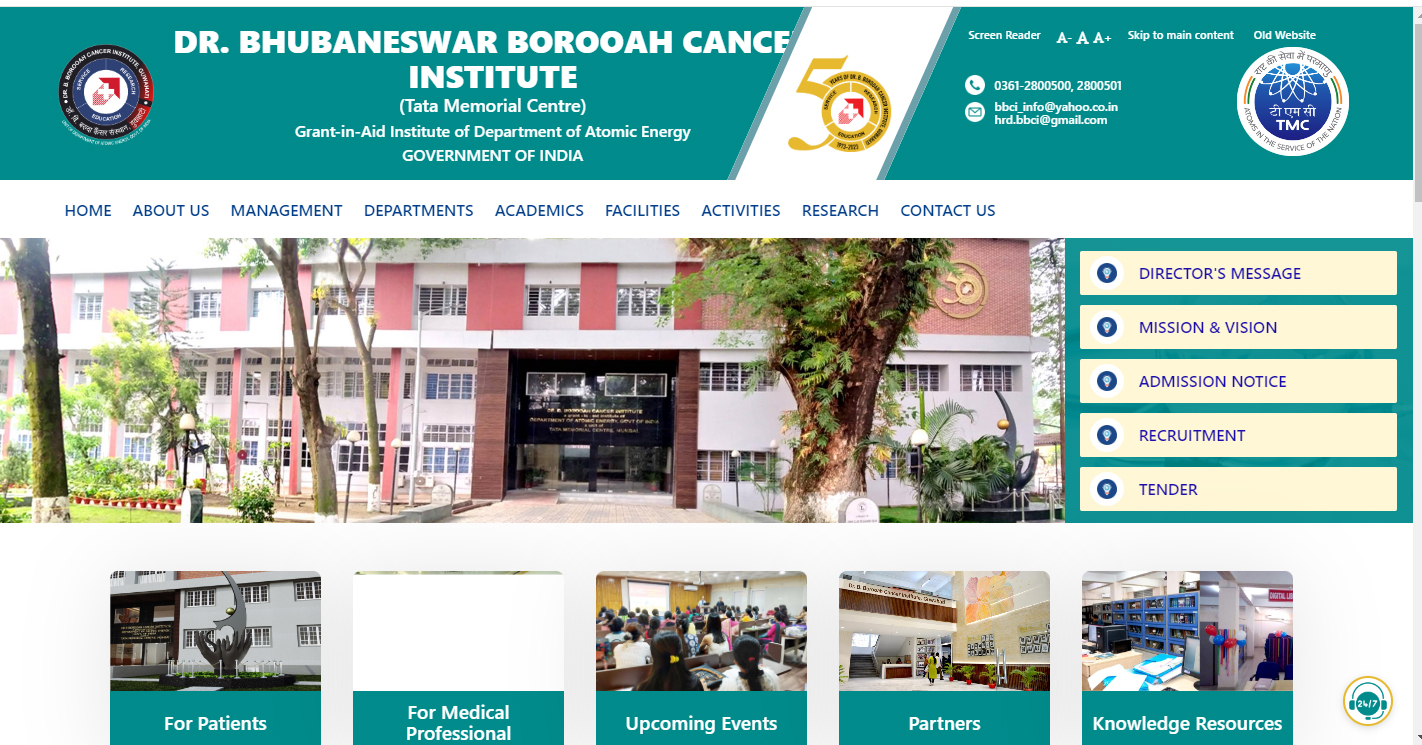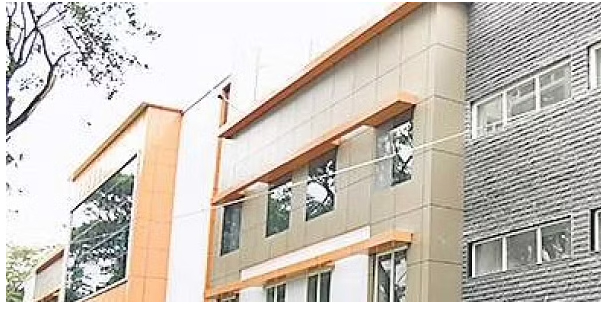B J Medical College, Ahmedabad

- Read more about B J Medical College, Ahmedabad
- Log in to post comments
- 47 views
Absolutely, let's delve into Oncopathology. Oncopathology, also known as Surgical Pathology or Anatomic Pathology, is a branch of pathology that deals with the study and diagnosis of cancer. Oncopathologists analyze tissues obtained from biopsies or surgical procedures to determine the nature and characteristics of tumors. Here are key aspects of Oncopathology:
Tissue Examination:
Tumor Grading and Staging:
Cancer Diagnosis:
Molecular Pathology:
Immunohistochemistry (IHC):
Fluorescence In Situ Hybridization (FISH):
Tumor Biomarkers:
Liquid Biopsy:
Multidisciplinary Collaboration:
Cytology:
Autopsy Pathology:
Prognostic and Predictive Factors:
Quality Assurance:
Oncopathology is integral to cancer diagnosis, treatment planning, and research. Advances in molecular techniques and personalized medicine have significantly enhanced the role of Oncopathology in tailoring cancer treatments to individual patients. If you have specific questions or if there's a particular aspect you'd like more information on, feel free to ask.
DM - Onco Pathology


Dr. Bhubaneswar Borooah Cancer Institute (BBCI) was set up by a voluntary organization called 'Dr. B. Borooah Cancer Society Trust'. Dr. Bhubaneswar Borooah (4th September 1893 - 25th September 1956) was a great physician, freedom fighter and philanthropist of Assam. In 1958 at a public meeting in Guwahati, a decision was taken to set up a cancer hospital at Guwahati to commemorate the memory of Dr. Bhubaneswar Borooah. Late Debendra Nath Sarma was the Founder President and Late Dr. Kanak Chandra Borooah, illustrious brother of Dr. Bhubaneswar Borooah was the Founder Secretary.


I take over as Dr K.A. Dinshaw superannuates after an illustrious career of 13 years. The years have been well utilized to evolve the process necessary to run for the quest of cancer (QC) and we now address ourselves to that purpose. The quest for cancer will have implications on affordability, innovation on one hand and delivery dissemination of standard of care, development of infrastructure and human resource on the other.